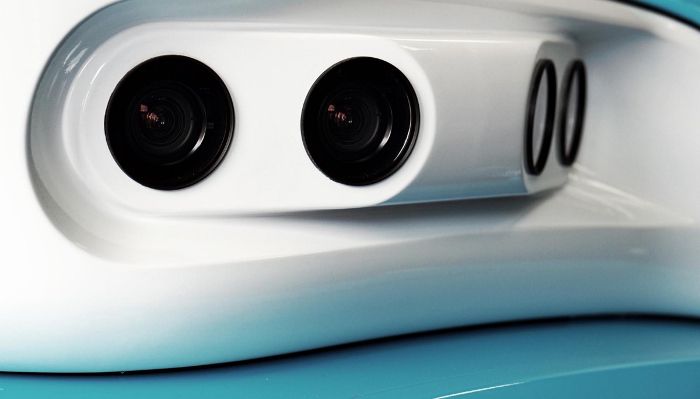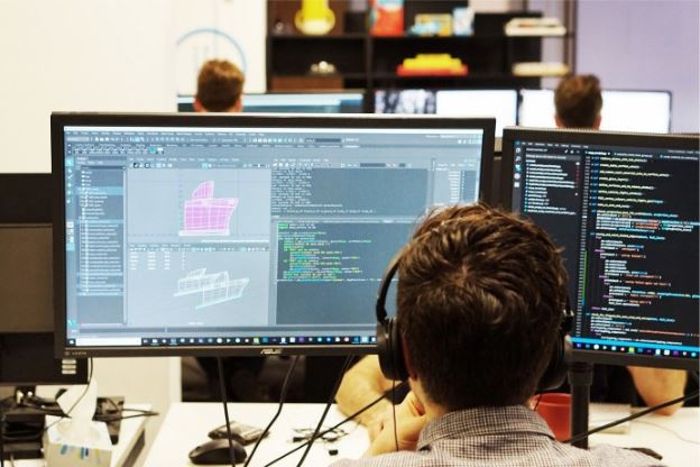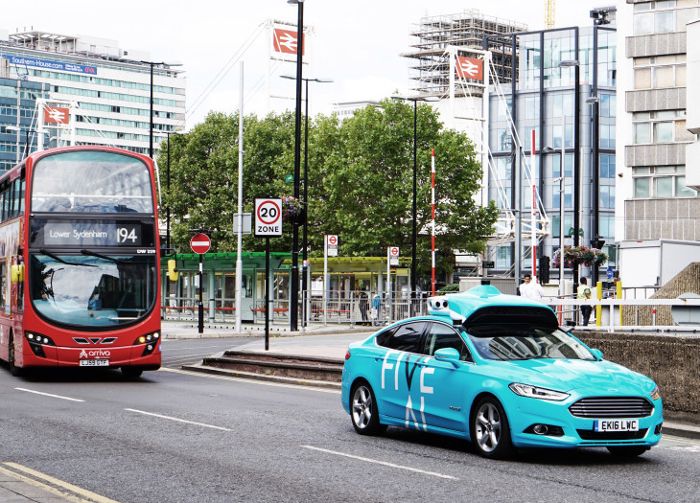The UK’s Transport Research Laboratory (TRL) has explained that the connected and autonomous vehicle (CAV) trials being undertaken in London are among most complex routes ever recorded and will help shape future testing, standards and certification for the technology.
Due to commence this month on public roads in London, advanced mobility technology developer FiveAI will be conducting supervised trials of its automated vehicles on carefully selected routes as part of the UK Government-backed StreetWise Project. Working alongside FiveAI and other StreetWise consortium partners, TRL believes that the safety case development behind the trials has the potential to improve safety for future CAV initiatives. The research organization also asserts that the project’s industry-first, virtual validation methodology for CAV testing, developed by TRL, will provide the blueprint for new CAV safety standards and certification.

The StreetWise project is part-funded by the Center for Connected and Autonomous Vehicles (CCAV), delivered in partnership with Innovate UK, and is part of the government’s £100m (US$127.5m) Intelligent Mobility Fund. The project began in 2017 and is led by FiveAI, a UK-based company focused on creating a fully automated, shared transport service for Europe’s cities. The project is made up of a wider consortium of organizations, including:
- Leading transport innovators – TRL, Transport for London (TfL) and WMG (part of the University of Warwick);
- Cutting edge component technology providers – Torr Vision Group (part of the University of Oxford) and McLaren Applied Technologies;
- Modelling and simulation specialists – Claytex;
- The UK’s largest personal automotive insurance provider – Direct Line Group.
The aim of StreetWise is to develop and demonstrate the technology, safety validation methods, insurance and service models for delivering an autonomous, shared personal mobility solution that offers an alternative to the urban commuter car. Upon completion, scheduled for 2020, the project will offer evidence that the technology is sufficiently mature to be safe in urban environments and sufficiently intelligent to co-exist with human drivers, road users and pedestrians. Ultimately, StreetWise will facilitate implementation of a shared, autonomous passenger service within 12-18 months of project completion: providing cities such as London, with a clean, safe, convenient and affordable commuting alternative.

“Automated vehicles represent the future of transport and have the potential to deliver tangible, wide-reaching benefits in relation to reduced congestion, faster and cheaper commutes, fewer collisions and cleaner air,” explained David Hynd, chief scientist for TRL. “We’re very excited about entering this phase of the project, as testing on public roads in real-world environments is an essential stage in the development of automated driving systems. The test routes in the London Boroughs of Croydon and Bromley represent some of the most complex urban environments ever used for CAV trials. The sophisticated safety case that underpins testing on public roads and makes insurance possible, will be used to shape and assure safety for future CAV initiatives. Likewise, the corresponding virtual validation methodology we’ve created for StreetWise vehicles, which marks an industry first, will form the template for CAV safety standards and certification on a global scale.”





